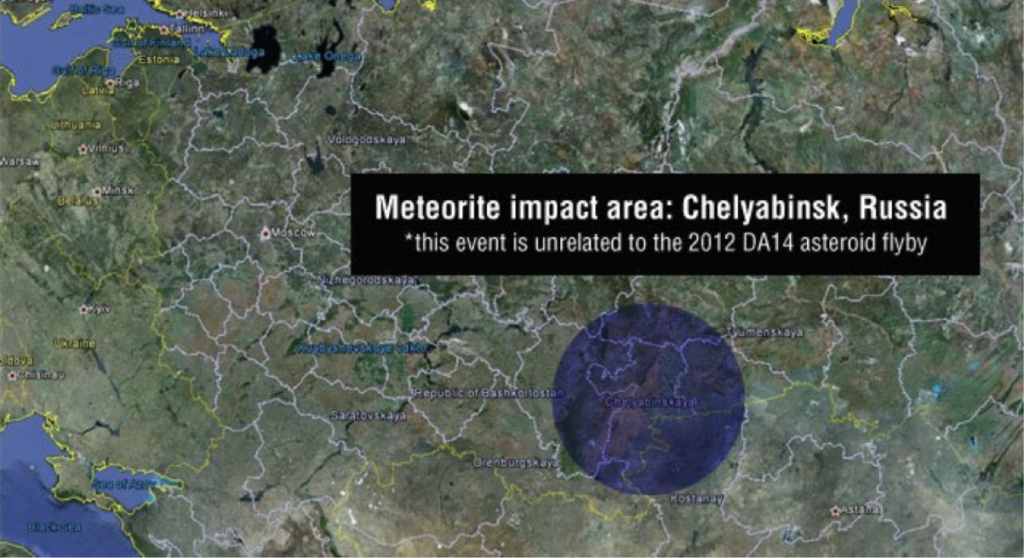While US President Joseph Biden and our Prime Minister Narendra Modi had a bilateral joint statement released during the former’s trip to New Delhi on the occasion of the 2023 G20 Summit, one announcement that caught attention was that about planetary defence – the act of defending territories against potentially hazardous objects (PHOs), including asteroids, comets and other small solar system bodies.
The US government stated that it now supports Indian institutions to participate in asteroid detection and tracking via the Minor Planet Center, which operates in the Smithsonian Astrophysical Observatory precincts but is part of the Paris-based International Astronomical Union. India is a long-standing member of the IAU, and the ARIES Observatory, run by the Department of Science and Technology in Nainital, is already detecting asteroids using its 2023-established International Liquid Mirror Telescope (ILMT) in consultation with the Minor Planet Center. Had the US explicitly offered cooperation between ISRO or astronomy institutions of DST on the Indian side with NASA’s Planetary Defence Coordination Office (that caters to survey, threat analyses and response mechanisms against potentially hazardous extraterrestrial objects), would have been a worthwhile bilateral exercise. So, what exactly did the US offer to India is not known.
What is more concerning is the utmost lack of interest within Indian scientific and strategic agencies, to create a domestic ‘planetary defence’ response mechanism. Let’s come straight to the point.
In 2013, the UN Committee on the Peaceful Uses of Outer Space (UN-COPUOS) recommended the creation of an International Asteroid Warning Network (IAWN). The signatories to the network monitor and study near-Earth asteroids (NEA) and PHOs among them, operate a global portal consisting of validated and accurate information on PHOs, carry out analyses of the impact of PHOs across various regions depending on natural and socio-economic factors, recommend policies for notifying emergent impact threats to UN member states, and assist national governments in planning mitigation measures.
Where China, the US, European countries, and Japan have already joined the IAWN, Indian institutions have apparently not risen to the occasion. Through astronomical observatories like the ILMT, India has detection capabilities. However, India still doesn’t have the mechanism to assess threats to its territories and sphere of influence, respond to incoming PHO, or have disaster mitigation processes.
Another more politically oriented grouping that the UNCOPUOS created in 2013 was the Space Mission Planning Advisory Group (SMPAG). This SMPAG was established to prepare an international response to a PHO impact threat through the collaborative exchange of information, develop mission responses, and plan PHO threat mitigation activities. Also, most major space agencies, including US, Chinese, Russian, German, French, Israeli, and Japanese, are official members. What is more ironic is that Pakistan’s space agency, SUPARCO, is an SMPAG member, but India’s ISRO is not.
There is an abject lack of communication between ISRO, DST and security agencies regarding the detrimental impact of space-based threats – whether space weather or potentially hazardous objects – on India’s strategic posture. This lack of communication comes from India’s conspicuous absence in the Space Mission Planning and Advisory Group and International Asteroid Warning Network. It would be foolhardy to assume that participating in these two UN bodies are realms entirely of our space agency. The PHO threats impact India’s comprehensive national security. The SMPAG is also working on a living document, which includes the study of a nuclear device option for detonating an incoming PHO in outer space, as shown in the movies Deep Impact and Armageddon. India is missing out big time by not having an ear in SMPAG and IAWN, and more ironic is when Pakistan, with abysmal space capabilities, is a SMPAG member.
Numerous scientific studies have estimated India is highly vulnerable to PHOs and meteoritic impacts due to its large geographic expanse, dense population, extensive agricultural lands, lush forests, and infrastructure buildout. If a meteor, similar in dimension and explosivity to the one that fell over Russia’s Chelyabinsk, explodes or impacts any of our big cities and semi-urban tracts, it could cause tremendous destruction and casualties. This national security situation warrants that asteroid detection need not be seen as a minuscule and secondary ISRO or DST research priority.
Indeed what the ARIES and other observatories do with the Minor Planet Center is a welcome step towards sky surveying for PHOs. But India needs a whole-of-government national security-oriented strategy and a coordination office built on the lines of NASA Planetary Defence Coordination Office. Given the nuclear option in the SMPAG living document, the Department of Atomic Energy could also become one of the crucial stakeholders of India’s planetary defence coordination and response mechanism. On the international front, we must swiftly join the UN-initiated Space Mission Planning and Advisory Group and the International Asteroid Warning Network. India must be positioned well to ward off extraterrestrial surprise threats for itself and the Global South that it is the voice of.





